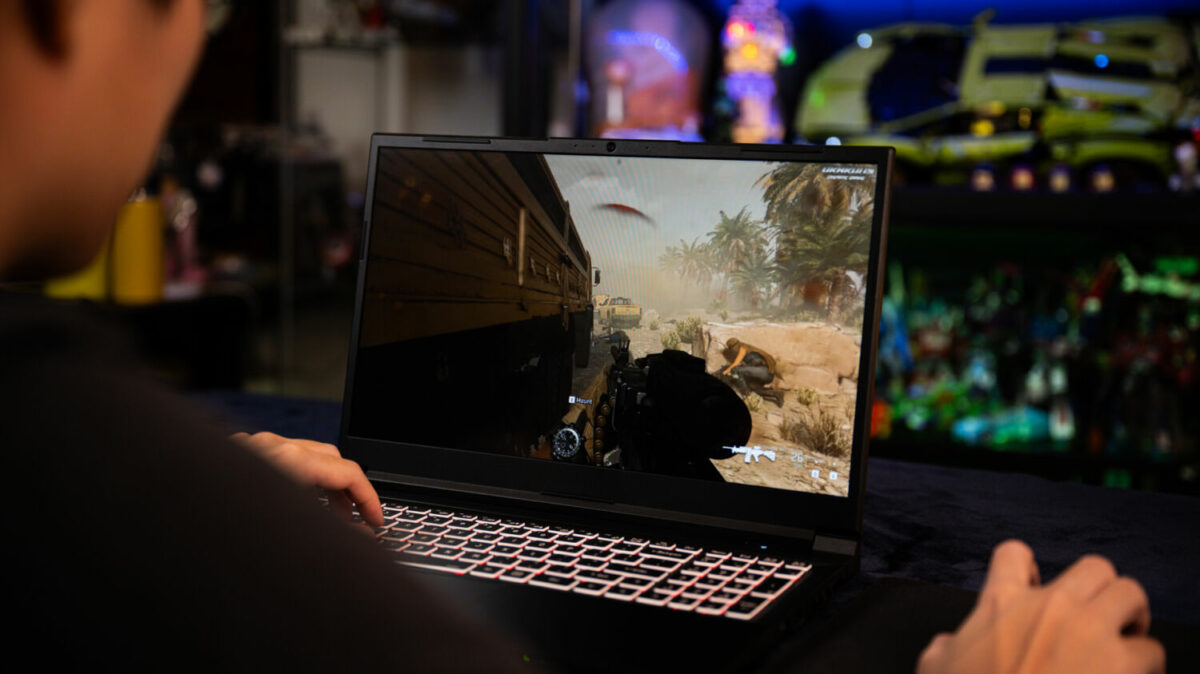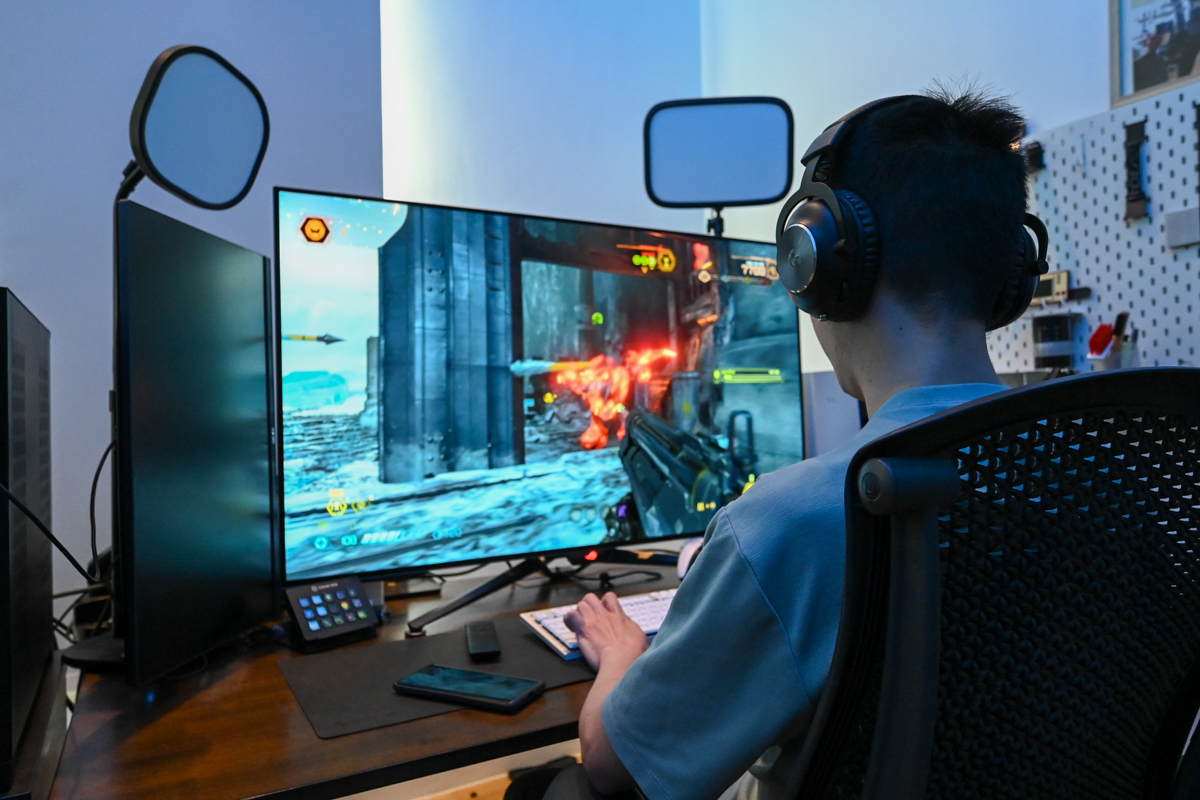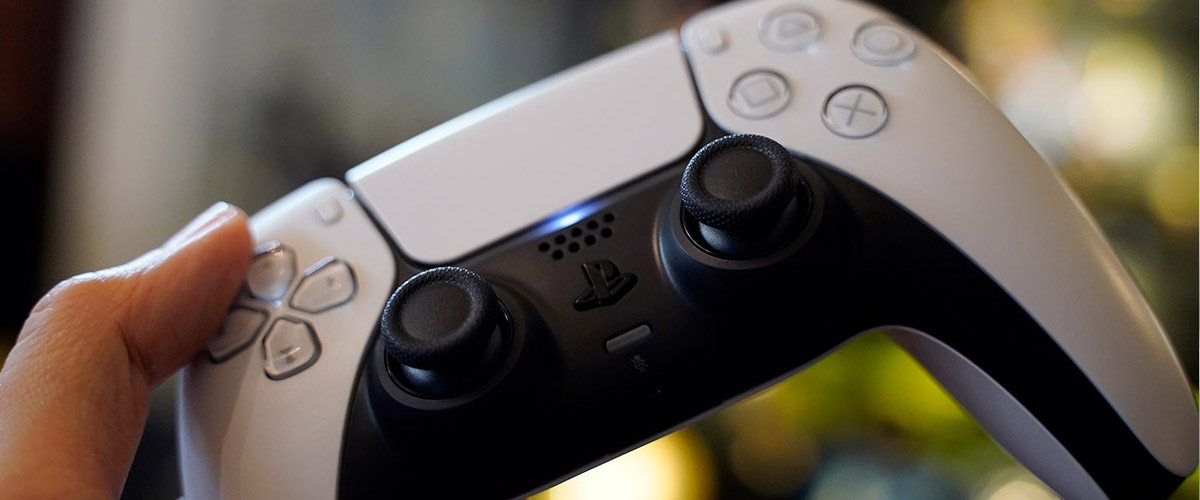As it turns out, the lack of skill may not be the only reason why you’re constantly dying in multiplayer matches. Recent research has revealed a scientific reason behind the difference in performance, and it boils down to the innate ability to better spot or track fast-moving objects.

Published in academic journal Plos One (via The Guardian), the study investigated a human characteristic called temporal resolution, which refers to the rate at which our brains can discriminate between different visual cues. This, in turn, influences the speed individuals react to changes in their environment.
For the experiment, participants were tasked with viewing a fast-flickering light source, and identifying when it came to a standstill. Where some reported flashes at around 35 times a second, others could pick up flickering at 60 times per second or above. In the same way that video games can run at 30 or 60 frames per second (FPS), the findings suggest some individuals can perceive and register faster movement better than others.
The study was repeated on multiple occasions with the same participants, and while the difference across gender was minimal, there’s evidence that temporal resolution decreases with age.
“We believe that individual differences in perception speed might become apparent in high-speed situations where one might need to locate or track fast-moving objects, such as in ball sports, or in situations where visual scenes change rapidly, such as in competitive gaming,” said Trinity College Dublin PhD candidate Clinton Haarlem, adding that those with higher than average temporal resolution “have access to a little bit more visual information per timeframe”.

“They may have an advantage over others before they have even picked up a racket and hit a tennis ball, or grabbed a controller and jumped into some fantasy world online.”
Professor Kevin Mitchell, a neurobiologist at Trinity College Dublin who supervised the research, summarised, “Because we only have access to our own subjective experience, we might naively expect that everyone else perceives the world in the same way we do. This study characterises one such difference. Some people really do seem to see the world faster than others.”
Of course, more research is needed to confirm the correlation between visual temporal resolution and day-to-day performance, including gaming. There’s also the larger question of how far one will be able to train this trait — while reaction time can improve with practice, the brain’s ability to filter out information likely affects the time taken for individuals to react accordingly.
An intriguing and fascinating read aside, this means gamers now have a new excuse to pull out whenever they lose in a fast-paced multiplayer match. Time to move past the high latency and poor comms reasons, y’all.













